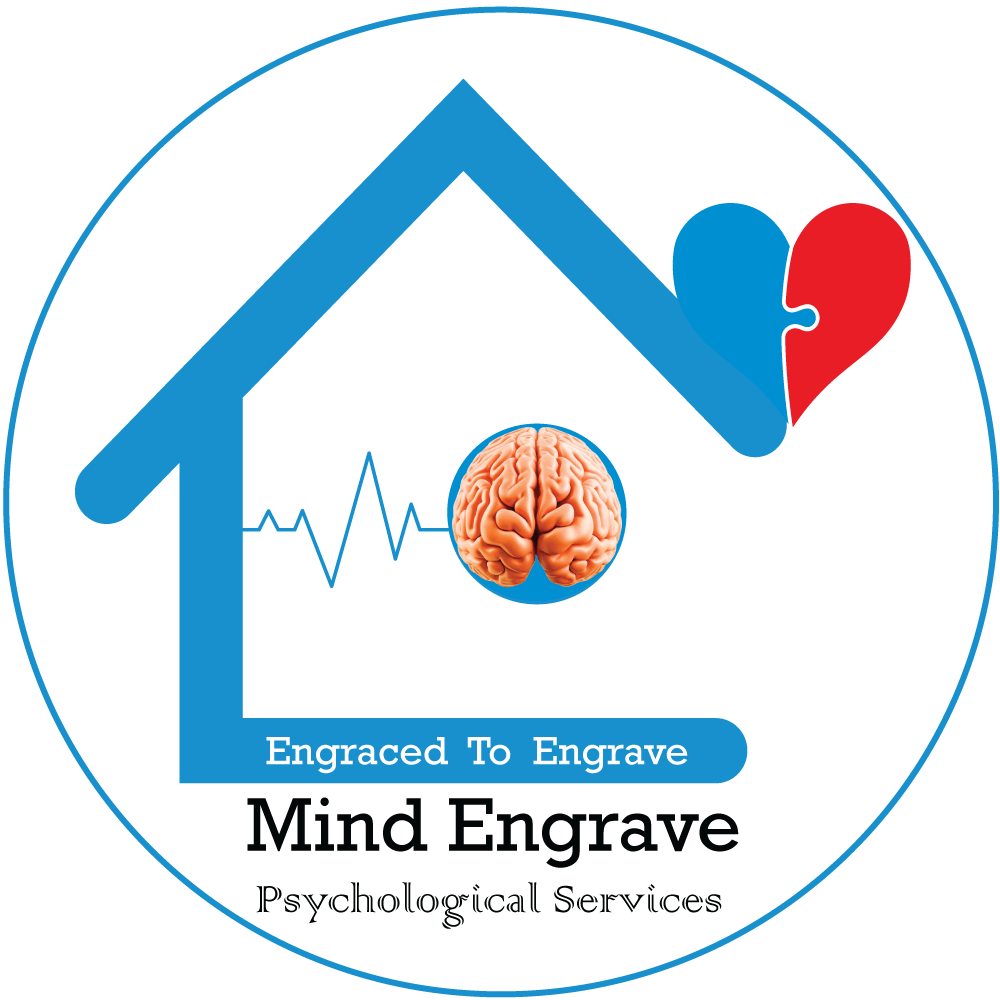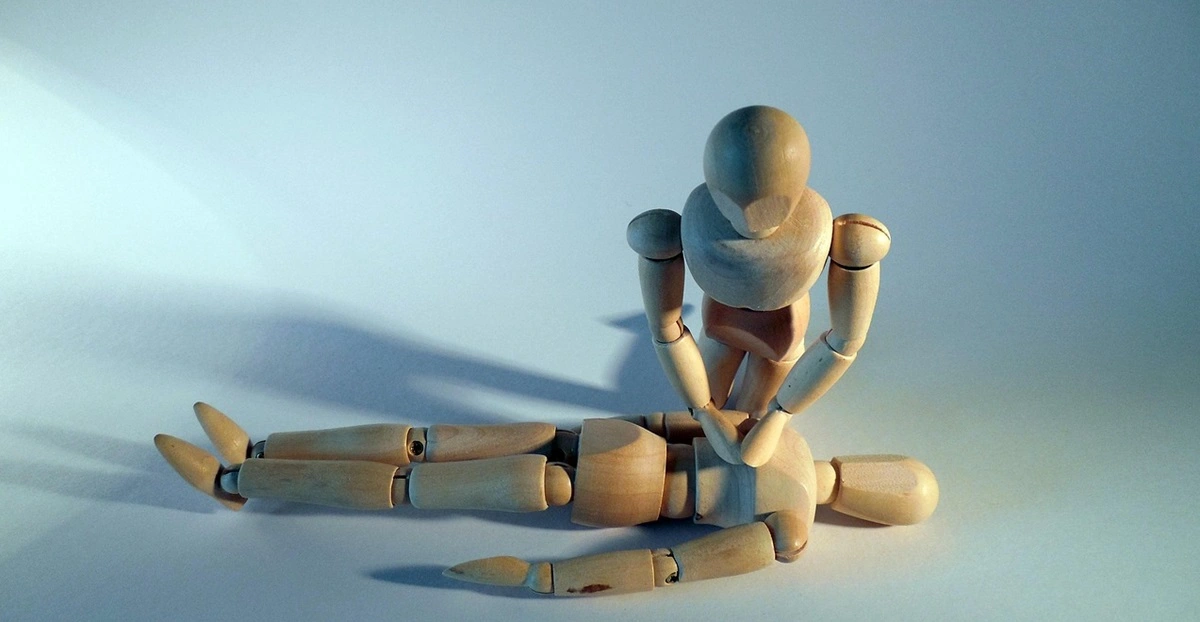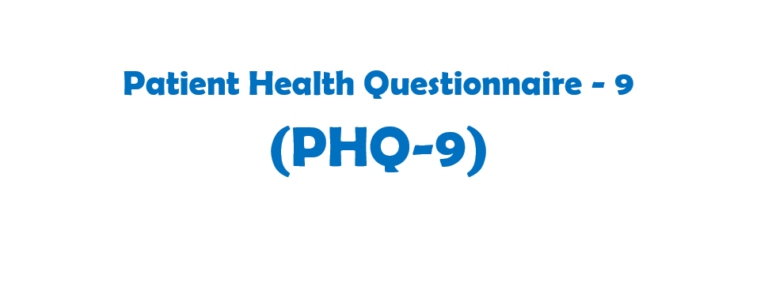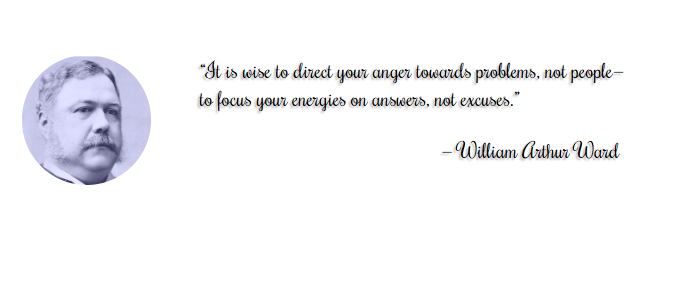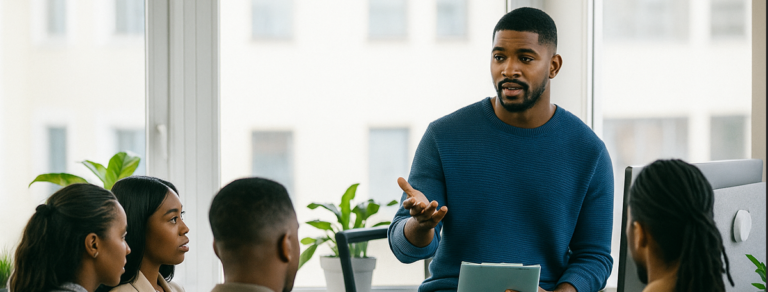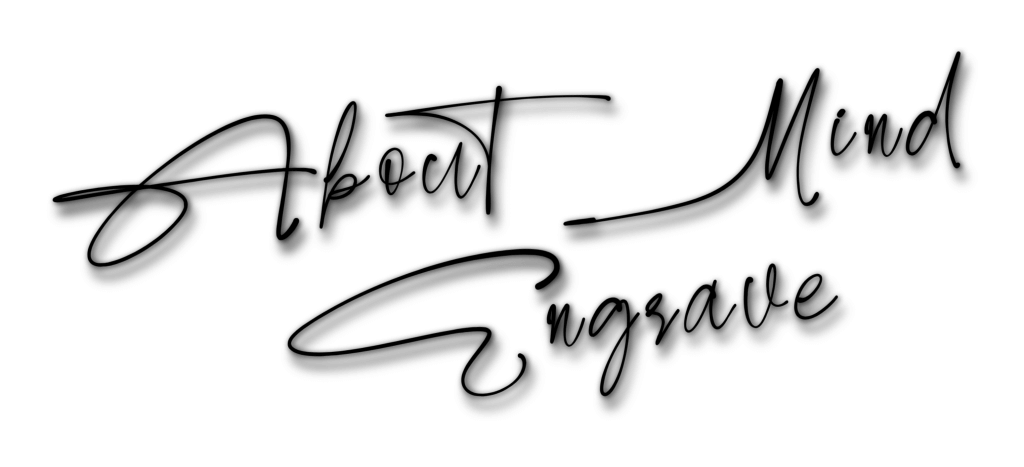Mental Health First Aid: Tips for Schools, Family, and Workplaces in Nigeria
Mental Health First Aid Matters
Mental health first aid otherwise known as Psychological First Aid, gives people simple, immediate steps to support someone in distress. In Nigeria, families, schools, and workplaces can use psychological first aid to act fast, reduce harm, and guide a person to care. First, learn a few clear actions you can use today.
Psychological First Aid: Quick Steps To Help at Home
Start by staying calm. Ask short, caring questions like, “Are you okay right now?” Listen without judging. If the person seems unsafe, remove immediate dangers and call emergency services (112). Otherwise, help them name one small next step — for example, calling a trusted friend or booking a teletherapy session.
- Use short, clear statements.
- Offer practical help (phone call, transport, or time off).
- Keep checking in the next day or two.
These basic actions form the core of mental health first aid at home. They keep the person safe and show you support them.
What Teachers Can Do
Teachers often notice changes first. Therefore, use psychological first aid to spot warning signs: sudden withdrawal, falling grades, or aggressive behaviour. Then:
- Talk privately and calmly.
- Tell the student you care and that help is available.
- Inform the school counsellor or a parent if risk exists.
Also, train staff in basic mental health first aid so schools respond faster. Short workshops and role-plays work well and build confidence.
Practical Employer Steps
Workplaces must make support easy to access. First, create clear referral paths — who to call and how to book help. Then, offer confidential options such as employee assistance programs or teletherapy.
Managers should use mental health first aid to listen, agree reasonable adjustments, and protect privacy. In addition, share crisis contacts and remind staff that seeking help shows strength, not weakness.
Giving Mental Health First Aid — Do’s and Don’ts
Do:
- Ask direct but gentle questions.
- Use active language: “I’m here with you.”
- Offer small, practical support now.
Don’t:
- Minimize feelings (avoid “just” or “it’s nothing”).
- Leave someone alone if they show severe risk.
- Promise to fix everything yourself.
These do’s and don’ts help responders use psychological first aid safely and effectively.
When to Seek Professional Help
If symptoms last more than two weeks, worsen, or include self-harm thoughts, seek professional care. Contact a licensed counsellor, psychologist, or psychiatrist. In emergencies, call 112 immediately. Prompt referral completes psychological first aid and connects people to lasting care.
Lead With Care
Mental health first aid gives anyone practical steps to help now. By learning a few short actions, families, schools, and workplaces in Nigeria can reduce harm and guide people to professional support. Start today: listen, act, and refer.
For More Guidelines: Read More >>

Odusanya Adedeji
Odusanya Adedeji A., is a Licensed & Certified Clinical Psychologist whose domain of expertise cuts across management of specific mental health issues such as, Depression, PTSD, Anxiety & Anxiety related disorders, substance use disorder, etc
